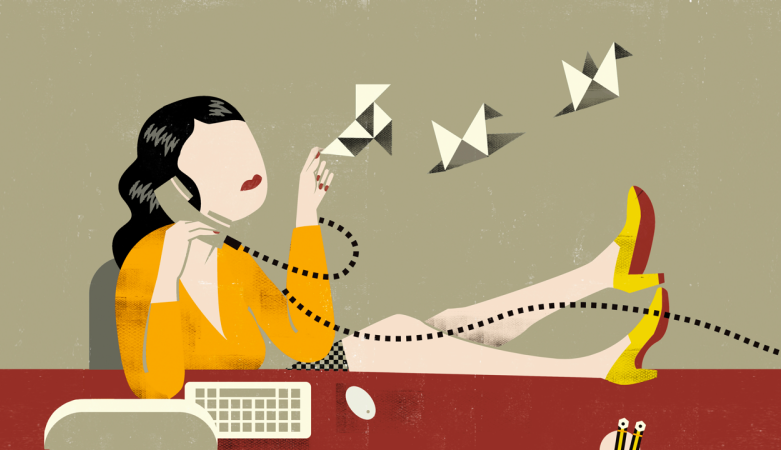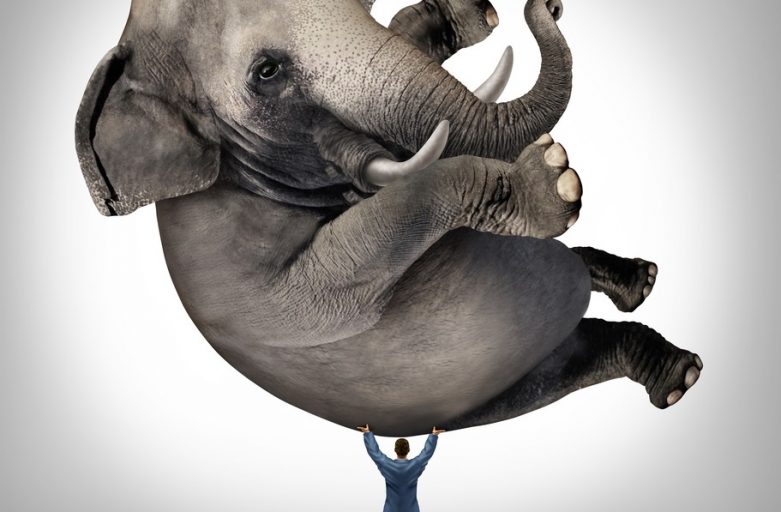Let us imagine we have entered into a Book shop. Book shop is located in a heart of the city so book shop is crowded with many customers like students, avid readers, researchers, window shoppers. Owner is the only person available in the shop to serve all of the customers. He thinks that he’s a multi-tasking person. He is showing some books to few customers, taking money from the customers who bought the books, keeping eye on window shoppers, suggesting genres and newly arrived books to few regular customers, keeping check on the current stock of the books, printing bills out of the purchases, keeping the book racks clean and tidy. He is aware about trend going in today’s environment about ‘Multi-tasking’ so he is patting his own back and praising himself.
What do we think after reading this example? “Why doesn’t he hire an assistant?”, “He could make more money by keeping few employees in a shop.” These might be obvious statements came in our mind, while reading this example. No? We are also doing the same with ourselves but not in this outside physical world but inside in our mind. Yes, shop-keeper would do more better, if he keeps an assistant or employees but he doesn’t think so. He is managing this book shop from last many years with this way and he is successful in becoming a profitable businessman. No-one can not deny his experience.
You might be thinking that I can do multi-tasking easily. I have my strategies to do. Definitely, we can do multi-tasking but now we will see what exactly happens in our mind at the time of multi-tasking. We can do two or three or more tasks together but we can not concentrate on two tasks at one point of time. So we switch ourselves from one task to another with more and more faster speed. This technique works smoothly and seamlessly upto our limits but we cross these limits without knowing ourselves. It has very thin line in between. Once we cross the limit, it takes few more seconds to focus on a task after switching ourselves from another task. It increases our performing time and we may loose few details of that task in a hurry. This results in hampering our productivity. This type of phenomenon may loose our patience level and we may become restless & anxious. This anxiety increases the time in between switching the task from one to another. It means, if we are taking 2 seconds to switch from one task to another in normal case then now we start taking 5 to 8 seconds in switching ourselves. It has cumulative effect by increasing our working time. Again it has chain reaction on hampering our performance. It may increase our tendency to have some so called relaxation like smoking limitless cigarettes or drinking glasses of beer or having some shots. Actually we are finding some relaxation in slowing the list of tasks and its switching speed. Additionally, this habit results in addiction and hampers our health. So it is better to prioritise our tasks, understand our limits, focus on one task at time and give our best possible performance.
If you want to learn more about this in details, get in touch with us.
Email: jeevan@mindhealth.in









